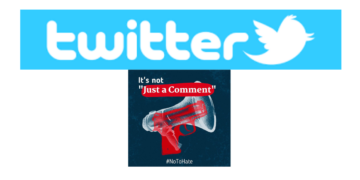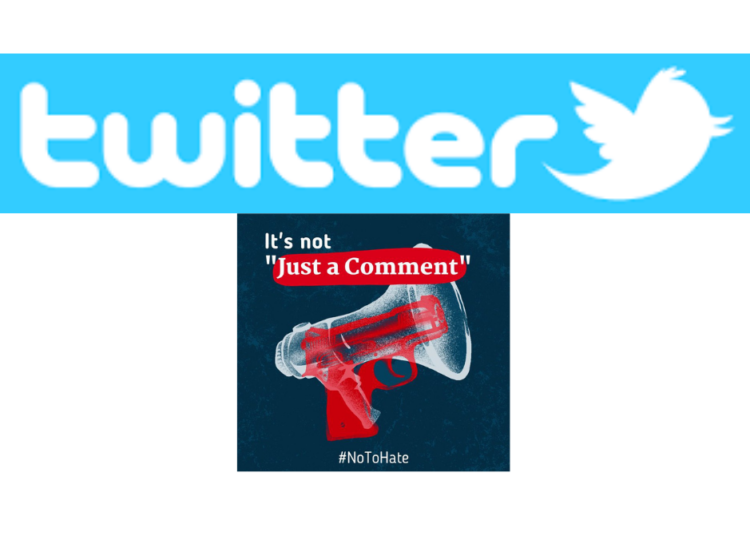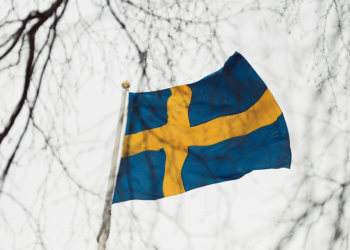The message announcement on his Twitter account was clear: #NoToHate. That is, words kill. In the world of political correctness, “hate crime” has become the number one tool for implementing censorship.
However, the UN Charter of Human Rights says in Article 19 that “Everyone has the right to freedom of opinion and expression; this right includes freedom to hold opinions without interference and to seek, receive and impart information and ideas through any media and regardless of frontiers.” But what is the murderous “hate speech” that the UN wants censored? “Hate speech” is defined as any incitement to violence or intolerance. The crusade against intolerance is one of the bulwarks of the new normal promoted by international institutions, but it obviously refers only to intolerance toward what they consider intolerant. The crazy goals of Agenda 2030 are also imposed by censorship.
According to the United Nations, “[hate speech] has become one of the most common forms of spreading divisive rhetoric on a global scale, threatening peace around the world.” No one denies that racism or xenophobia are negative attributes (especially when they motivate crimes), but underlying this fight against hatreds of all kinds is an attempt to avoid criticism of mass immigration or to prevent the rise of nationalism/patriotism in clear opposition to the idea of the borderless “citizen of the world.” This kind of UN activism is fueled by a “guiding principle” currently considered the driving force behind international initiatives, namely Agenda 2030.
The prosecution of “hate crimes” was officially launched in 2019. In the same year, UN Secretary-General António Guterres launched an international campaign to “identify, prevent and address” messages that could be considered as such. Any criticism of what are considered racial minorities (a curious paradox when these minorities in Western countries are a clear majority in their countries of origin and vice versa) or sexual minorities (collective LGTBI, etc.) can be condemned and blacklisted by the UN.
Attacks on religious freedom, or rather Christianity, deserve special mention instead, not because Christians are the most persecuted religious group in the world, but because being and living by Christian principles is a symptom of dangerous extremism, judging by a recent attempt of the Biden Administration to persecute Catholic Americans with the help of the FBI. In response to the alarming trends of increasing xenophobia, racism and intolerance, violent misogyny, anti-Semitism and anti-Muslim hatred around the world, the UN Secretary-General launched the UN Strategy and Plan of Action against hate speech on 18 June 2019. Why are two of the three religions in the book mentioned, but Christians are left out when, in all indexes, such as this one by the Pew Research Center, Christians are recognized as the main group that is being attacked on religious grounds? Again, Agenda 2030 is becoming a tool of ideological colonization. We see this when a direct link is made between the approval of aid, for example for sub-Saharan Africa, and the adoption of abortionist and LGBTI ideologies in these countries.
Again, goals and targets are also selectively applied. In this sense, some developed countries allocate between 60% and 70% of their contributions to Agenda 2030, for goals related to “reproductive health,” interpreting it to include abortion, even though no UN document has ever mentioned abortion as a right. So be careful, learn the Goals of agenda 2030 well and as soon as you hear a whiff of it, be alerted, because they are coming to silence you!




















Discussion about this post